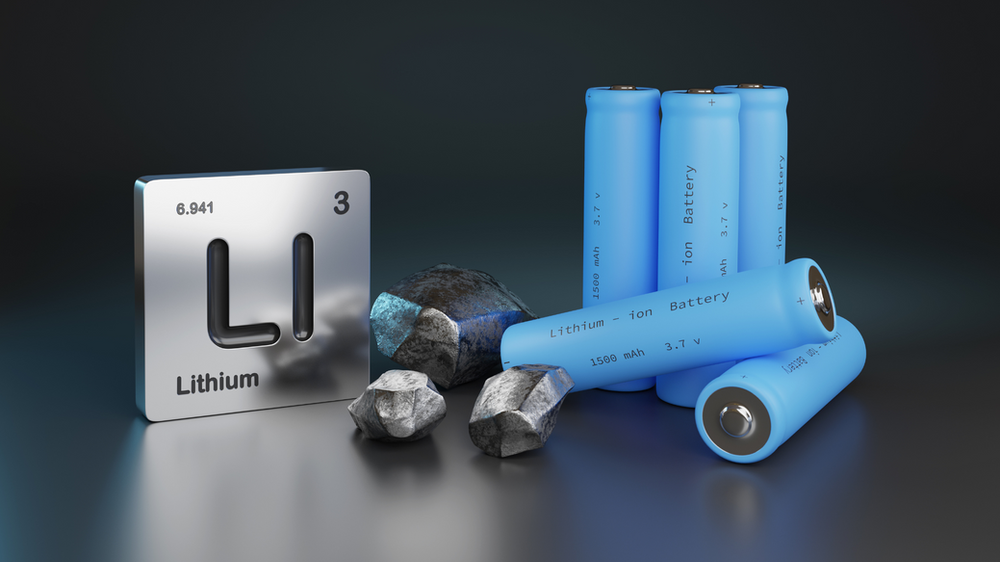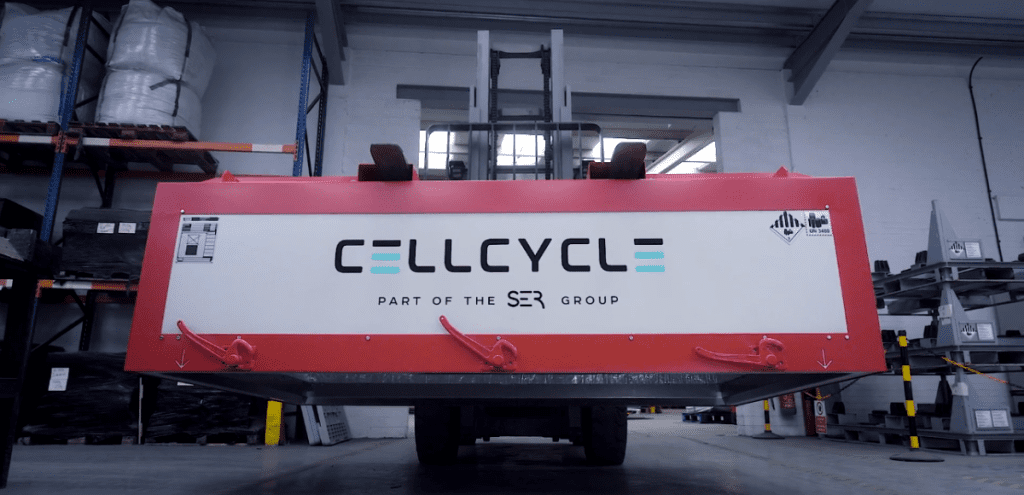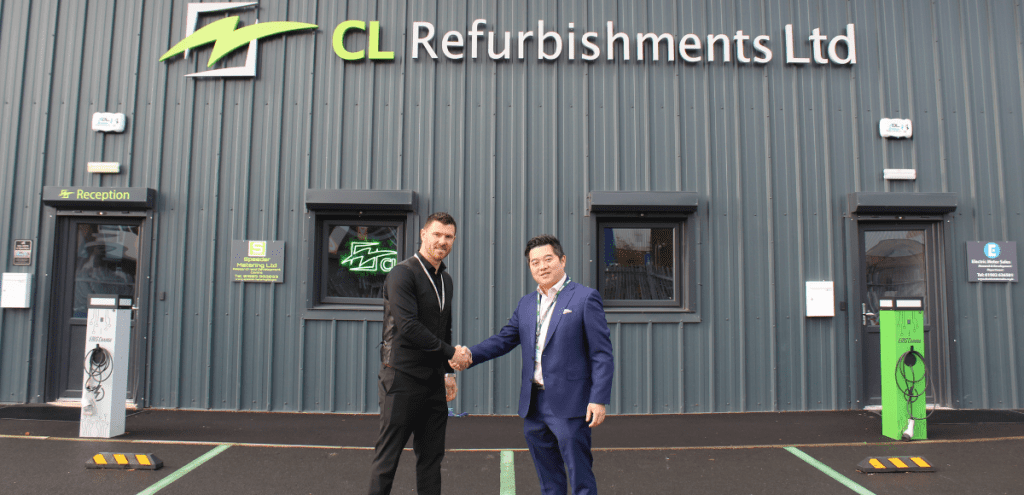Introduction
Lithium-ion batteries are used in a wide range of portable and industrial devices, from mobile phones to electric vehicle batteries. As the use of these devices has increased, so has the number of used batteries that need to be recycled.
In the UK, the recycling of lithium-ion batteries is regulated by the Waste Batteries and Accumulators Regulations 2009. These regulations require producers of portable batteries to fund the collection and recycling of used batteries.
The battery recycling process begins with the collection of used batteries from businesses and households. Once batteries are collected, they are sorted and dismantled so that the parts can be separated for recycling.
The recycling of lithium-ion batteries is a complex and regulated process. This guide provides an overview of the process and explains the regulations that apply to battery recycling in the UK.
Why recycling lithium-ion batteries is important
In recent years, there has been a dramatic increase in the use of lithium-ion batteries in portable electronic devices. As the number of these batteries increases, it is important to ensure that they are recycled responsibly. Failure to do this could have serious consequences for the environment and human health. The recycling of lithium-ion batteries is important because it prevents the release of hazardous materials into the environment. Many of these batteries contain heavy metals and other toxic materials that can leach into groundwater and contaminate food and water sources if not properly managed. In addition, lithium-ion batteries contain combustible materials, which can catch fire, release noxious fumes, and cause damage to the environment if not disposed of responsibly.
How to recycle lithium-ion batteries in the UK
The Waste Batteries and Accumulators Regulations 2009 are the primary regulations for waste battery collection and recycling in the UK. These regulations require producers of portable batteries to set up and fund collection and recycling programs for used batteries. Consumers can take their used batteries to designated collection points such as local authorities, civic amenity sites, retailers, and waste electrical and electronic equipment (WEEE )recycling sites.
To be a certified battery recycler in the UK an organisation must first obtain official approval from the Environment Agency (EA) to treat lithium-ion batteries. Once an organisation has received this approval from the EA they will then be added to the public register of Approved Battery Treatment Operators (ABTO). In addition, organisations can apply to become an Approved Battery Exporter (ABE) which allows recyclers to send their treated batteries and material to other parts of the world for further refining.
Used batteries should be kept in the original packaging until they can be properly returned or recycled. Once at a collection point, the batteries are sorted and dismantled into component parts, including such as lead and cadmium. The components are then recycled in an environmentally responsible and sustainable manner.
The benefits of recycling lithium-ion batteries
Recycling lithium-ion batteries has several benefits, both from an economic and environmental perspective. From an economic perspective, recycling reduces the cost of producing new products. By recycling used batteries, producers can access raw materials at a lower cost, reducing the cost of production. This, in turn, helps to create jobs and stimulate economic activity. From an environmental perspective, recycling lithium-ion batteries helps to reduce the amount of hazardous waste entering our landfills. The reuse of components, such as metals and plastics, reduces the need for new materials, thereby preventing further damage to natural habitats.
The future of battery recycling
As the use of lithium-ion batteries continues to increase, so too will the need for efficient and responsible battery recycling. In the future, producers will likely be required to take ever greater responsibility for the collection and recycling of used batteries. At the same time, it is also likely that new technologies will be developed to improve the efficiency of the recycling process. For example, it may be possible to develop technologies that can identify the components of used batteries and sort them into categories for easy recycling.
FAQs about lithium-ion battery recycling
Q. How can I recycle my lithium-ion batteries?
A. You can take your used batteries to designated collection points such as local authorities, civic amenity sites, retailers, and waste electrical and electronic equipment (WEEE) recycling sites that hold an ABTO license.
Q. Are there any regulations I should be aware of when recycling lithium-ion batteries?
A. Yes, the Waste Batteries and Accumulators Regulations 2009 regulate the collection and recycling of waste batteries in the UK. These regulations require producers of portable batteries to set up and fund collection and recycling programmes.
Q. What are the benefits of recycling lithium-ion batteries?
A. Recycling lithium-ion batteries has several benefits, both from an economic and environmental perspective. From an economic perspective, recycling reduces the cost of producing new products. From an environmental perspective, recycling helps to reduce the amount of hazardous waste entering our landfills.


